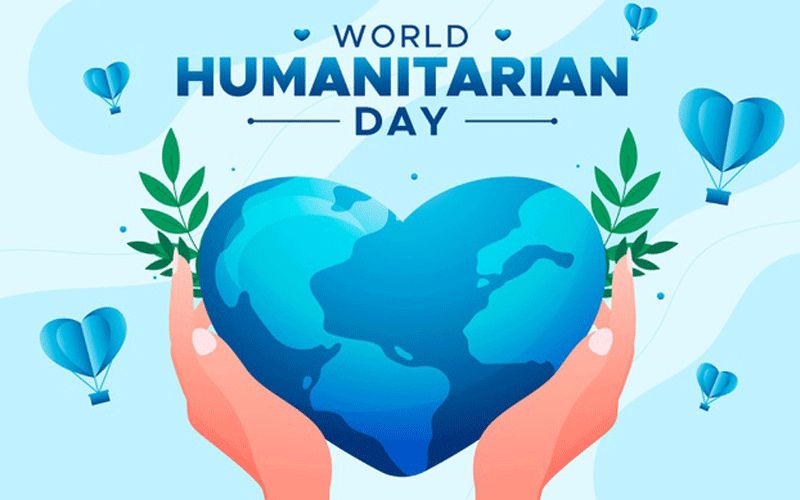Blantyre, 19 August, 2020 / 9:06 pm (ACI Africa).
On the occasion of this year’s World Humanitarian Day marked Wednesday, August 19, members of the Religious Institute of the Salesians of Don Bosco (SDB) have, through a report by their U.S.-based development office, looked back at their various interventions around the world including two countries in Africa.
The focus of this year’s World Humanitarian Day, according to the UN Office for the Coordination of Humanitarian Affairs, is “what drives humanitarians to continue to save and protect lives despite conflict, insecurity, lack of access and risks linked to COVID-19.”
“(Salesian) missionaries are on the forefront of humanitarian efforts, including the ongoing response to coronavirus, in more than 132 countries around the globe. They provide immediate assistance during humanitarian crises as well as help rebuilding communities and restoring livelihoods,” the August 18 report by the leadership of the New York-based Salesian Missions shared with ACI Africa indicates.
In the report, the Director of Salesian Missions, Fr. Gus Baek, notes that Salesian Clerics, Sisters and Lay volunteers who live among the people of God they serve “are perfectly positioned to respond in times of humanitarian crisis.”
“Salesian missionaries are providing food, hygiene kits and other supplies. They have also launched campaigns to spread awareness and ensure that people are taking prevention measures,” Fr. Gus says in reference to the interventions by members of SDB in the face of the COVID-19 crisis.








